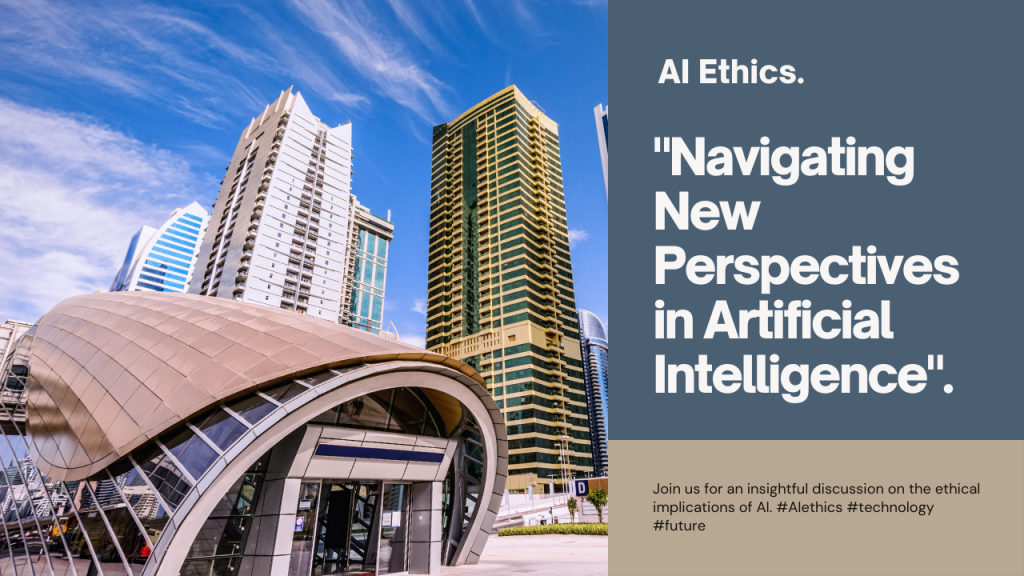Not only is artificial intelligence (AI) a technological development, but it also poses important ethical issues that need to be carefully thought out and considered. Examining the moral ramifications and societal effects of AI technologies is crucial as these technologies are incorporated more and more into our everyday lives, from facial recognition software to driverless cars.
The problem of bias and fairness is one of the main ethical issues that AI raises. Large datasets that represent societal biases and prejudices are used to train AI algorithms, which may result in discrimination and unfairness in AI-driven decision-making processes. In order to meet this problem, a concentrated effort must be made to create AI systems that uphold fairness and equality for all people by being open, accountable, and bias-free.
Furthermore, in a time of widespread data collecting and surveillance, artificial intelligence raises concerns about data security and privacy. The need for strong laws and protections to uphold people’s right to privacy and stop the exploitation of sensitive data is growing as AI algorithms get better at analyzing and interpreting personal data. Concerns of algorithmic accountability and transparency also emphasize how crucial it is to create moral frameworks and rules that will control the proper application of AI technologies.
AI also has significant ramifications for the nature of labor and employment in the future, posing issues with economic inequality, job displacement, and human role in an AI-driven society.
Although artificial intelligence (AI) has promise for increasing productivity and automating repetitive jobs, it also presents issues with job displacement and retraining for displaced people. Proactive steps to support reskilling, workforce development, and lifelong learning are needed to address these issues and make sure that people can prosper in an increasingly automated industry.
Encouraging multidisciplinary discourse and collaboration among engineers, ethicists, politicians, and civil society stakeholders is crucial as we traverse the ethical issues of artificial intelligence. We can leverage the revolutionary potential of AI while preserving human rights, dignity, and well-being in the digital age by embracing various perspectives and ethical values.


